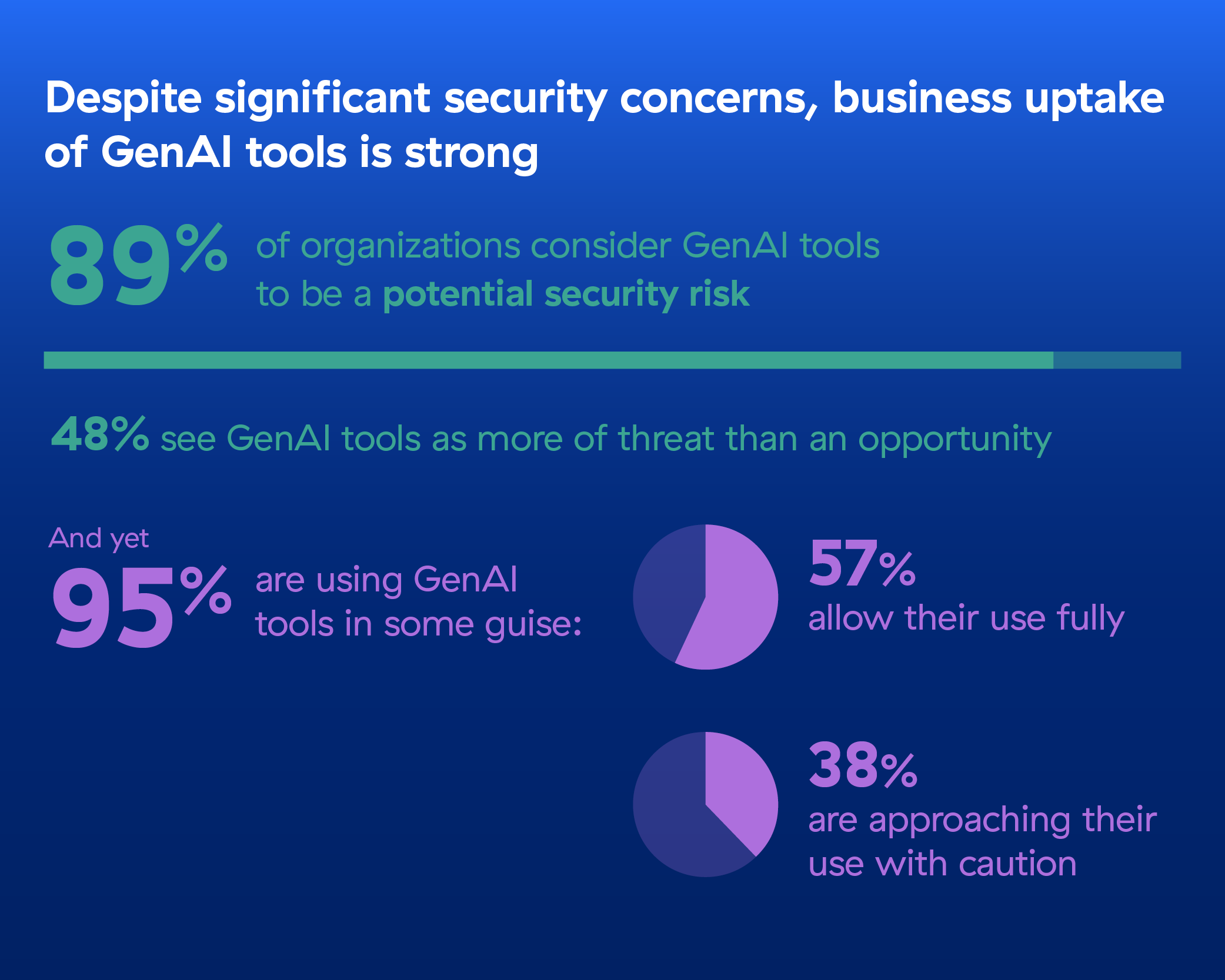Workers across large parts of the UK would be £200 a week better off if wages had grown at levels seen before the 2008 global financial crisis, new analysis suggests.
The Trades Union Congress (TUC) said millions of workers are in the midst of the longest pay squeeze in more than 200 years – the most sustained period of wage stagnation since the Napolenic times.
TUC analysis of official statistics said that real terms average pay was lower in real terms in 212 out of 340 local authority areas this year.
The union body described the findings as a “damning indictment” of the Conservatives’ economic record, adding that millions of UK workers are enduring the longest pay squeeze in more than 200 years.
The research showed that the average UK worker would be £10,400 a year better off if real wages had grown at their pre-crisis trend – the equivalent of £200 a week.
Before the financial crash UK real weekly wages grew on average by 1.7 per cent each year. Since 2008, average annual growth has been –0.2 per cent.
The union has blamed this wage stagnation on the “scorched-earth austerity policies” pursued by David Cameron and George Osborne after the global banking crisis in 2008.
TUC general secretary Paul Nowak said: “Hard work should pay for everyone. But people are still worse off than in 2008 across the vast majority of Britain. And in every corner of the UK pay growth is way below historic trends.
“This is a damning indictment of the Conservatives’ economic record. This is the same government that’s given us the most dramatic fall in living standards on record.
“The Tories failure to grow the economy – and their scorched-earth austerity policies – has decimated family budgets. Just imagine how much better off people would be if they had an extra £10,400 in their pay packets each year – and how much more prosperous the country would be.
“It doesn’t have to be this way. We can create a new era of decent pay growth again where families’ living standards rise rather than falling backwards.
“But we need a new approach to get there. That means a proper plan to get the economy growing again by investing in UK industry, and a New Deal so that working people get a fair share of the wealth they create.”
A Treasury spokesperson said: “A global surge in inflation caused by Putin’s war in Ukraine has hit the value of wages right across the world.
“Despite these challenging international factors, since 2010, this Government has made huge strides in ending low pay, with jumps in the value of the National Living Wage meaning the number of people in jobs classified as ‘low paid’ has halved.
“Additionally, as part of our determination to end low pay, this month we increased the National Living Wage for workers aged 21 and over, putting more money in the pockets of almost three million workers.
“Through supporting the Bank of England and sticking to our plan, inflation is now down to 3.2% and real wages are growing. Additionally we’ve been able to cut national insurance by a third – worth £900 a year to the average worker.”
Source: independent.co.uk



